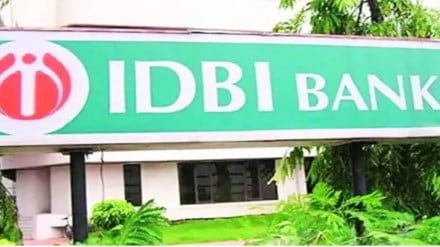The government has extended the deadline for potential bidders to submit expressions of interest (EoIs) for IDBI Bank to January 7, 2023, the finance ministry said on Wednesday. The earlier deadline was December 16, 2022.
The last date for submission of physical copies of EoIs (for those who would submit EoIs electronically) has also been extended to January 14, 2023, from December 23, 2022, the Department of Investment and Public Asset Management (Dipam) said.
Given the extended year-end holidays overseas, several potential investors had requested an extension. At the beginning of a calendar year, foreign funds usually make annual allocations for investment in emerging markets such as India. Officials expect more foreign investors to show interest in the bank.
Also Read: December 16 deadline extended: Bidding for IDBI Bank now open till January
On October 7, the Centre invited EoIs and offered to sell a total of 60.72% stake in IDBI Bank, including 30.48% held by the government directly and 30.24% by state-run LIC, along with the transfer of management control.
The bank’s stock ended at Rs 57.25 apiece on Wednesday, down 1.46% from the previous close.
In the pre-EoI stage, Dipam had received 167 queries from domestic banks/ NBFCs, foreign banks and funds, signalling strong interest for the lender.
As per the extant FDI policy, the aggregate foreign investment in a private bank from all sources is allowed up to a maximum of 74% through the ‘approval route’.
The preliminary information memorandum for EoIs has stated that a foreign bank or fund/investment vehicle incorporated outside India could bid for IDBI Bank.
Also Read: Govt extends bid submission deadline till January 7 for IDBI Bank sale
Before floating the EoI, Dipam had taken RBI’s nod for the transaction as, under regulations, stake sales of 10% or more to private equity require the RBI nod. The RBI’s final approval will be based on its “fit and proper” assessment of the potential bidders.
As reported by FE earlier, IDBI Bank will continue to operate as an ‘Indian private sector bank’ after its strategic sale and the government’s residual 15% stake in the lender post privatisation will be considered as ‘public shareholding’. Besides, the new owner would have the leeway to meet the minimum public shareholding norm over an extended period (instead of the usual one year) and could undertake corporate restructuring of its subsidiaries.
